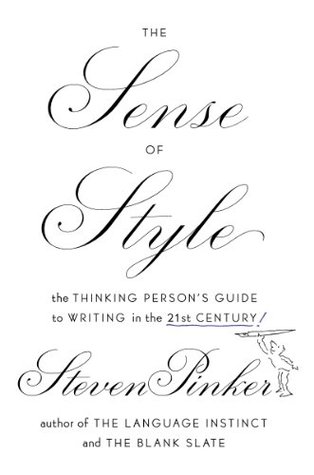using a comma to separate a subject from its predicate or a verb from one of its complements is among the most grievous sins of mispunctuation. You can get away with it when the need for disambiguation becomes an emergency, as in George Bernard Shaw’s remark “He who can, does; he who cannot, teaches” (and in Woody Allen’s addendum “And he who cannot teach, teaches gym”). But in general the divisions between the major parts of a clause, such as subject and predicate, are comma-free zones, no matter how complex the syntax.
Welcome back. Just a moment while we sign you in to your Goodreads account.


